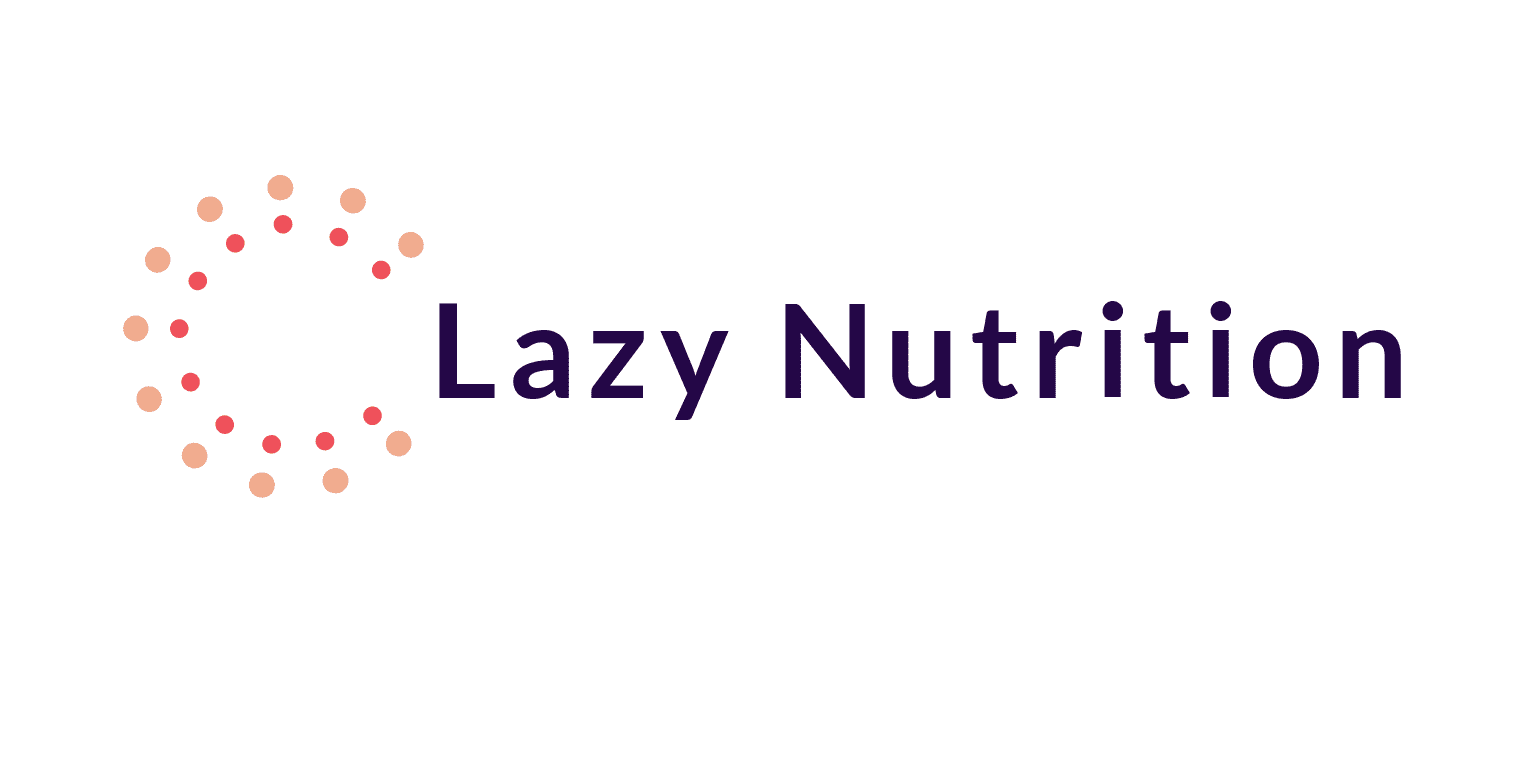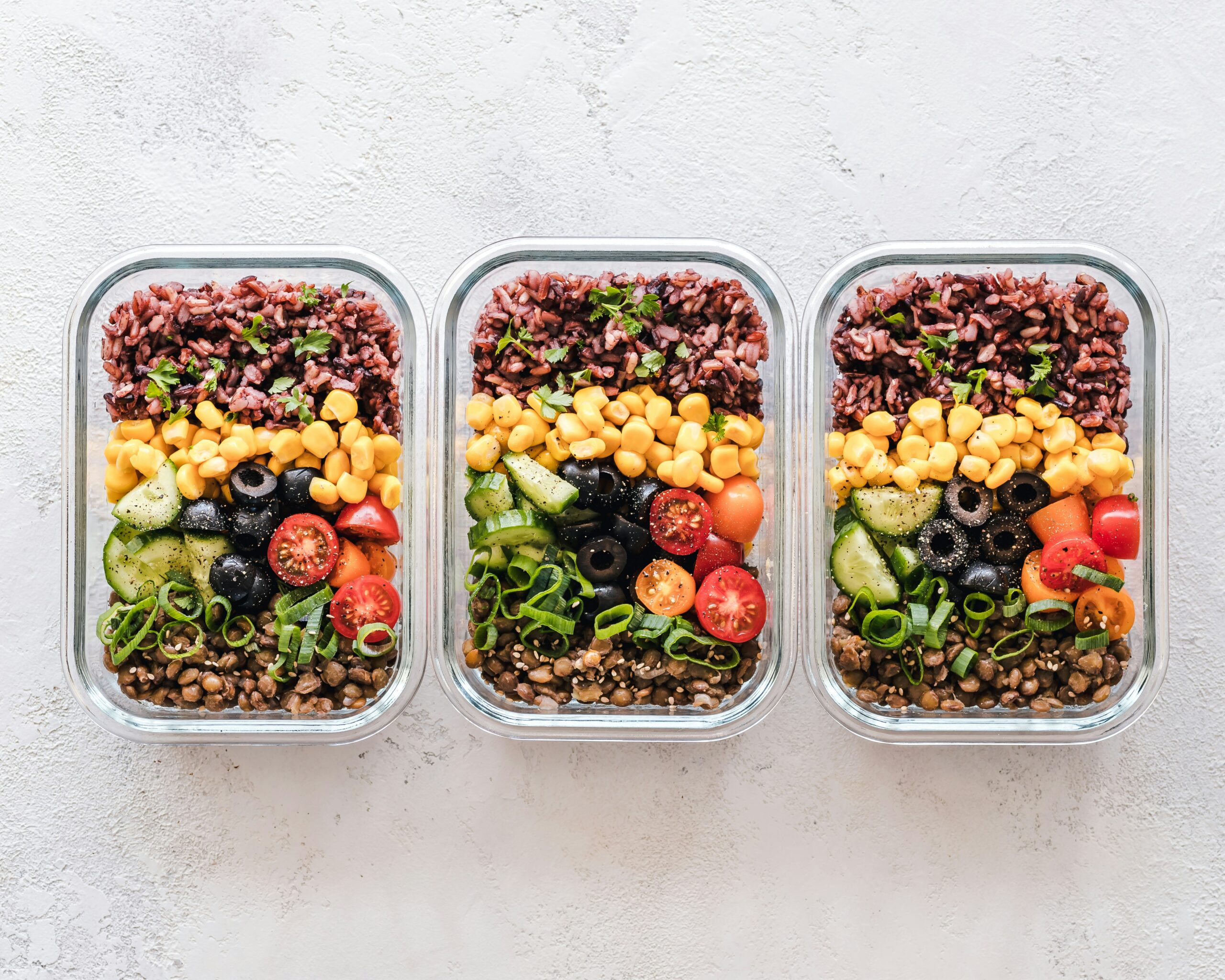
Meal planning is a strategic approach to organizing your meals ahead of time, offering numerous benefits that can enhance your lifestyle in various ways. Here’s a revised look at the key benefits of meal planning, starting with the crucial aspect of promoting healthy eating.
Promotes Healthy Eating
Meal planning shines as a beacon for healthy eating by affording you the autonomy to select nutritious and balanced meals in advance. This proactive approach ensures that you’re incorporating a diverse array of food groups, focusing on fruits, vegetables, whole grains, lean proteins, and healthy fats. With meals planned, you’re less likely to succumb to the convenience of fast food or the allure of processed snacks, which are often high in calories, fats, sugars, and sodium. By dedicating time to plan your meals, you can also cater to specific dietary goals or restrictions, such as low-carb, high-protein, vegan, or gluten-free diets, ensuring your nutritional needs are met. Furthermore, meal planning can encourage portion control, helping to avoid overeating by preparing meals with precise serving sizes. This methodical approach to eating can significantly contribute to a healthier lifestyle, weight management, and overall well-being
Saves Time
Meal planning saves considerable time throughout the week. By deciding in advance what you’re going to eat, you eliminate the daily indecision about meals. Preparing ingredients or entire meals ahead of time further streamlines the cooking process, freeing up your schedule for other important activities or relaxation.
Reduces Stress
The question of “What’s for dinner?” can add unnecessary stress to your day. Meal planning removes this stressor by setting a clear menu for each day, providing peace of mind and a structured plan to follow, which can make mealtime something to look forward to rather than a daily hurdle.
Saves Money
Meal planning is a budget-friendly practice. It encourages shopping from a list to avoid impulse buys, taking advantage of sales, and buying in bulk where appropriate. This mindful shopping minimizes the temptation to dine out, saving you money that would otherwise be spent on more expensive restaurant meals or fast food.
Reduces Food Waste
By knowing exactly what and how much to buy for your meals, meal planning significantly reduces the likelihood of food going to waste. Planning allows for efficient use of leftovers, either by incorporating them into new meals or by planning to use all parts of purchased ingredients throughout the week.
In summary, meal planning is not just a tool for organization; it’s a comprehensive strategy for enhancing your quality of life. By placing a priority on healthy eating, you set the stage for numerous benefits that extend beyond nutrition, including saving time, reducing stress, conserving money, and minimizing food waste. Whether you’re aiming to improve your diet, streamline your meal routines, or simply bring more joy into your mealtime, meal planning is a versatile solution that can help you achieve these goals.

